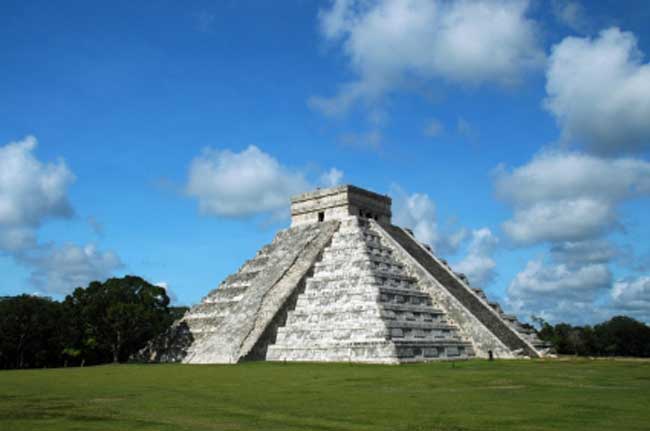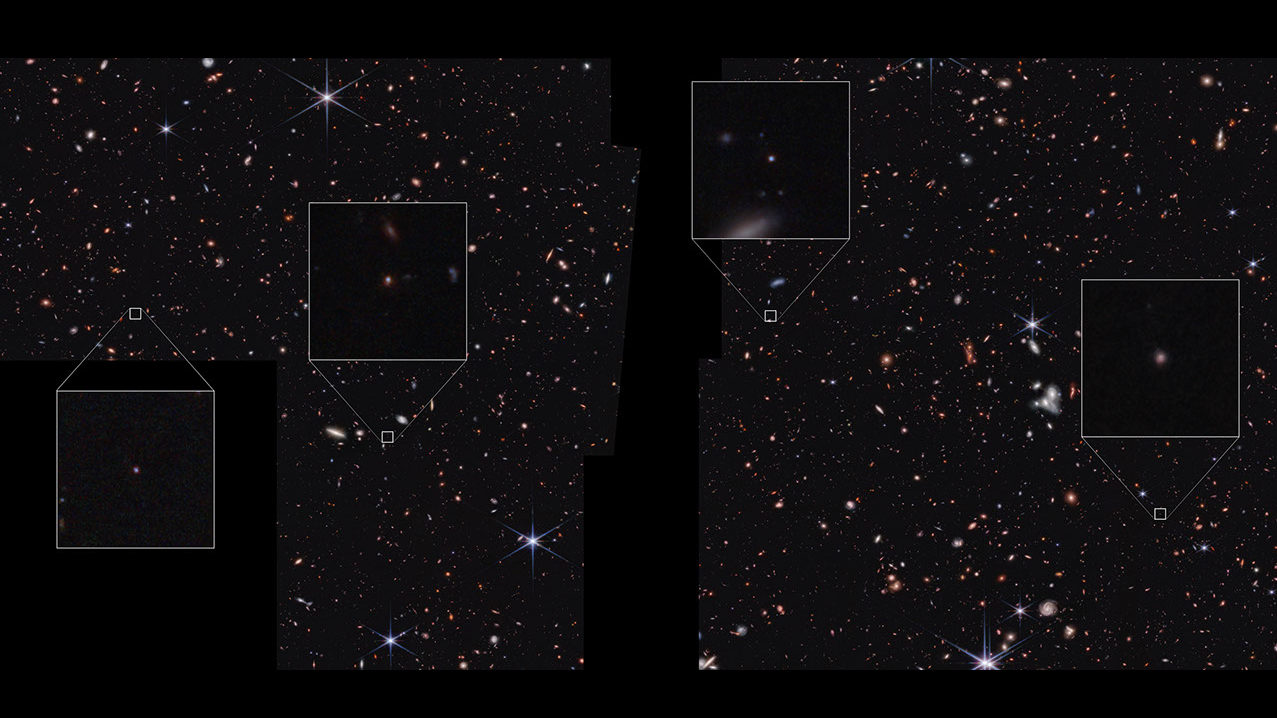The Truth About 2012 Doomsday Hype

2012 is coming very soon. The movie, that is — the disaster film directed by Roland Emmerich depicting global catastrophe of Biblical proportions. The year itself is of course a few dozen months away, and there is growing interest, excitement, and concern for both events.
The film "2012," which opens Nov. 13, takes place, rather obviously, in the year 2012, though it could have been set in 1995 or 2013. The movie's disasters have no particular link to that year, it's just when the Earth happens to start burping earthquakes and farting fire. 2012 made a perfect promotional hook for the film, because the ancient Mayans predicted that the world would end that year, if not specifically on December 21, 2012.
[End of the World? Top Doomsday Fears]
That's one story, anyway.
Whether or not 2012 will bring cataclysmic volcanism or a great flood, it has undeniably brought a flood of books. New Age and doomsday authors have been cranking out 2012-themed books at an amazing pace over the past few years; there are literally thousands of such titles in print, with more on the way.
While many authors and 2012 "experts" are playing up the doomsday scenario, others believe that the year will bring not disaster but a new era of global harmony (as in what did not happen with the so-called Harmonic Convergence in 1987). It seems that anyone with access to a keyboard and an opinion on 2012 (or prophecy in general) is trying to cash in. (It will be interesting to see how many of those books will be for sale on Amazon.com for one cent on Jan. 1, 2013.)
Mayan myth
Get the world’s most fascinating discoveries delivered straight to your inbox.
In fact, the link between global catastrophe and Mayan calendar-based prophecy is largely fiction. Ads for "2012" begin with the phrase, "The Mayans warned us," though of course the Mayans did not "warn" anyone — they simply had a calendar system that happens to "end" in 2012, much as the way the Gregorian calendar on my office wall "ends" on Dec. 31.
The Mayans never said the world would end that year, and modern Mayans have shown irritation with how their culture has been co-opted into pop culture notions and Hollywood blockbuster film promotions.
[Oops! 11 Failed Doomsday Predictions]
John Major Jenkins, a Maya scholar and author of "The 2012 Story," notes that "when the 2012 bug started to bite the mainstream press and many more books started to appear, authors and the media were pulling the 2012 topic in predictably weird directions."
The 2012 link to the Maya is not a hoax; their calendar does in fact conclude in that year. Just what that means — if anything — is the question.
Of course, the Mayans were only one of dozens of major civilizations, and there is no particular reason to assume that the Mayan calendar is any more cosmically significant or valid than any of hundreds of other calendar systems used throughout history.
Appealing mysticism
So why this focus on the Mayans?
Part of the reason the New Age crowd has embraced the Mayan calendar (instead of, say, the Hindu calendar) is that the Mayans fit perfectly into their ideas about the ancient wisdom of the "noble savage." Belief that ancient civilizations (such as the Mayans and Egyptians) were far more advanced than often claimed permeates New Age thought, and the idea that Mayan mystics somehow knew of the world's end millennia ago is very appealing.
There have also been several outright hoaxes connected to 2012, most notably the claim that Nibiru, a non-existent planet supposedly discovered by the ancient Sumerians, will encounter Earth in 2012 and cause havoc, including a reversal of the geomagnetic poles.
[Top 10 Ways to Destroy Earth]
NASA has been accused of covering up the existence of Nibiru, presumably to prevent mass panic (a theme that also appears in the film). Doomsdays come and go, but conspiracy theories are forever.
Benjamin Radford is managing editor of the Skeptical Inquirer science magazine. His books, films, and other projects can be found on his website. His Bad Science column appears regularly on LiveScience.

 Live Science Plus
Live Science Plus





